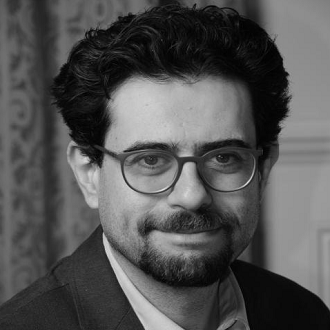 RAP Study: Risk Assessment for Psychosis – At-Risk Adults
RAP Study: Risk Assessment for Psychosis – At-Risk Adults
STUDY BASICS
Do you have bothersome unwelcome thoughts, problems getting along with others, difficulty concentrating, decreased productivity at school or work, do you hear unusual sounds or voices, or do you have a sibling or parent with a history of psychotic disorders? Are you 18-35 years old? If so, you may be able to take part in a brain imaging and sleep research study. Compensation provided.
STUDY PURPOSE
About 3% of people will experience psychosis at some point in their lives. Symptoms of psychosis can include hearing voices, having beliefs that other people do not share, or having difficulty thinking clearly. In some cases, psychosis can be a symptom of a mental illnesses like schizophrenia or bipolar disorder. Experts are not sure exactly what causes psychosis and related mental illnesses. The purpose of this study is to better understand psychotic episodes by studying brain activity while people are awake and asleep. Researchers hope their findings will lead to better ways to identify and treat mental illness.
COULD THIS STUDY BE RIGHT FOR YOU?
- Ages 18-35
- Having bothersome unwelcome thoughts, problems getting along with others, difficulty concentrating, decreased productivity at school or work, are hearing unusual sounds or voices, or have a first-degree relative diagnosed with schizophrenia
- No diagnosis of a psychotic disorder
- Able and willing to undergo MRI scanning and stay overnight in a sleep lab for study procedures
WHAT PARTICIPANTS CAN EXPECT
Participation involves study visits at baseline and then once yearly for up to 2 years. After screening procedures to confirm eligibility, the following study procedures will be done: interviews about your background, feelings, daily functioning, and sleep habits; tests of your attention, concentration, and problem solving; sleep assessments at home and overnight in the laboratory, including a high-density electroencephalography (hd-EEG), which is a way to measure the natural activity of the brain; and magnetic resonance imaging (MRI) scan, which takes pictures of the brain. Both hd-EEG and MRI procedures are not invasive and do not involve radiation.
IRB: STUDY19050166C
- Characterize differences in sleep spindles between clinical high risk and healthy controls longitudinallyMEET THE RESEARCHER

Fabio Ferrarelli
Fabio Ferrarelli, MD, PhD, is an Assistant Professor of Psychiatry at the University of Pittsburgh. A graduate of the Catholic University of the Sacred Heart in Rome, Dr. Ferrarelli’s research interests include neuronal circuits contributing to altered sleep architecture in schizophrenia. He is now extending those lines of research to high risk children and adults.
 https://pittplusme.org/study/1056
https://pittplusme.org/study/1056